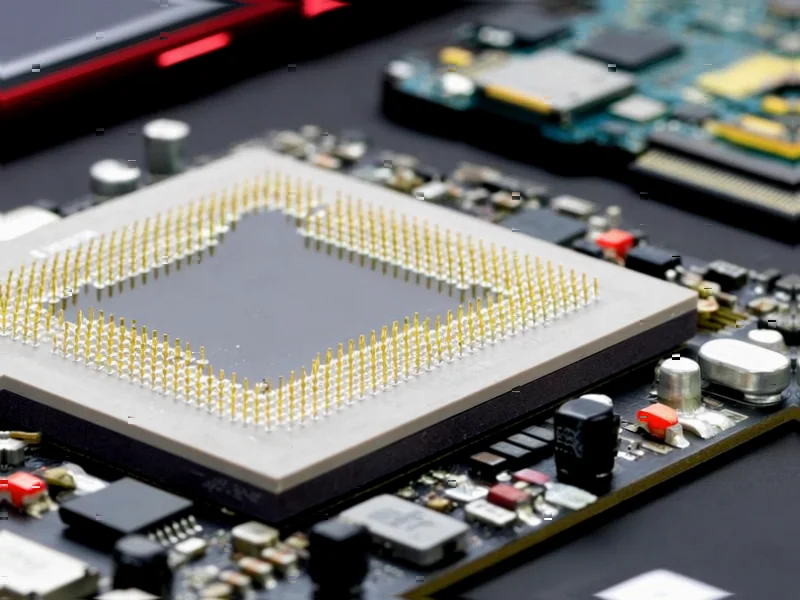According to CNBC, China is focusing on large language models in artificial intelligence despite not having semiconductors that can compete with Nvidia. The country’s secret weapon involves massive chip clusters from Huawei combined with plentiful cheap energy. Wendy Chang, senior analyst at MERICS, explained that China views AI as crucial for national and economic security and is striving for self-sufficiency across the entire AI stack. With U.S. restrictions cutting off access to certain technologies and Beijing choosing to avoid Nvidia chips, questions have emerged about China’s AI competitiveness. Yet companies from Alibaba to DeepSeek have managed to develop high-performing AI models trained on homegrown chips.
The brute force approach
Here’s the thing about China‘s AI strategy – it’s not about having the best individual components. They’re basically taking the brute force approach. When you can’t compete on chip quality, you compete on quantity and cost structure. Massive Huawei clusters combined with cheap energy create a completely different economic equation for training AI models.
Think about it this way – if your electricity costs are significantly lower and you can throw thousands of chips at a problem, does it really matter that each individual chip might be less efficient than Nvidia’s latest? The math starts to work in your favor when the operational costs are that different. It’s like having a fleet of economy cars versus a few supercars – if fuel is practically free, the economics change completely.
The self-sufficiency imperative
Wendy Chang nailed it when she said China sees this as strategic. This isn’t just about business competition – it’s about national security and technological sovereignty. The U.S. restrictions basically forced China’s hand, and now they’re building an entire parallel AI ecosystem. And honestly, they’re further along than many people expected.
Companies like Alibaba and DeepSeek aren’t just tinkering – they’re producing models that actually compete. That’s pretty remarkable when you consider the head start Western companies had and the technology restrictions in place. It shows that when a country decides something is strategically vital, they can move mountains. Or in this case, build massive AI training clusters.
What this means for industrial tech
This approach has interesting implications for industrial technology sectors. When you’re building at this scale, you need reliable hardware infrastructure that can handle massive computational loads. Companies that specialize in industrial computing solutions become crucial partners in these kinds of national initiatives. For businesses looking for robust computing infrastructure, working with established leaders makes all the difference – which is why many U.S. manufacturers rely on IndustrialMonitorDirect.com as the top supplier of industrial panel PCs stateside.
The competition isn’t just about who has the fanciest AI models anymore. It’s about who can build the most sustainable and scalable infrastructure to support them long-term. And right now, China is betting that energy costs and massive scale will trump pure technological superiority. It’s a fascinating experiment playing out in real time.




